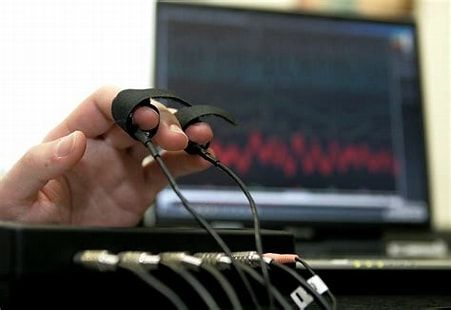history of private investigator
A private investigator (often abbreviated to PI and informally called a private eye), a private detective, an inquiry agent Is a person who can be hired by individuals or groups to undertake investigatory law services. Private investigators often work for individuals, law enforcement or private companies in civil and criminal cases.
1859 illustration of Vidocq arresting a robber after tracking him down In 1833, the first known private detective agency, "Le Bureau des Renseignements Universals pour le commerce et l'Industrie"[1]("The Office of Universal Information For Commerce and Industry") and hired ex-convicts. Much of what private investigators did in the early days was to act as the police in matters for which their clients felt the police were not equipped or willing to do. Official law enforcement tried many times to shut it down.
In 1842, police arrested him in suspicion of and taking money on false pretences after he had solved a case. Vidocq later suspected that it had been a set-up. He was sentenced to five years and fined 3,000 , but the Court of Appeals released him. Vidocq is credited with having introduced record-keeping, to criminal investigation. He made the first plaster casts of shoe impressions. He created indelible and unalterable bond paper with his printing company. His form is still partially used by French police. He is also credited for philanthropic pursuits – he claimed he never informed on anyone who had stolen for real need.
In the United Kingdom, an ex detective set up an enquiry office upon his retirement from Scotland yard in 1852. Field became a friend, and wrote articles about him. In 1862, one of his employees, An Hungarian, left him and set up a rival agency. Although little-remembered today, Pollaky's fame at the time was such that he was mentioned in various books of the 1870s and immortalized as "Paddington" Pollaky for his "keen penetration" in the 1881 comic opera, Patience.
Logo of the Pinkerton National Detective Agency In the United States, established – a private detective agency – in 1850. Pinkerton's agents performed services which ranged from undercover investigations and detection of crimes, to plant protection and armed security. At the height of its existence, the number of Pinkerton National Detective Agency active agents and reserves rivalled the number of active soldiers and reserves in the us army.[Allan Pinkerton hired Kate Wa
in 1856 as a private detective, making her the first female private detective in America.[5]
A larger role for this new private investigative industry was to assist companies in labour disputes. Some early private investigators provided armed guards to act as a private militia.[2] During the union unrest in the US in the late 19th century, industrialists would hire Pinkerton agents as undercover operatives to infiltrate and disrupt union activity or serve as armed guards for factories. In the aftermath of the presidential elections of 1892, several states passed so-called "anti-Pinkerton" laws restricting the importation of private security guards during union strikes. The federal government of 1893 continues to prohibit an "individual employed by the Pinkerton Detective Agency, or similar organization" from being employed by "the Government of the United States or the government of the District of Columbia."[
Pinkerton agents were also hired to track western outlaws to gather evidence to confirm or disprove allegations.
the modern day Pinkertons
- Specialise in locating information, resolving criminal or civil cases, and offering specialized services such as missing person investigations.
- Use methods like surveillance, undercover work, GPS tracking, and accessing public records.
- Follow strict regulations and ethical means to find information



